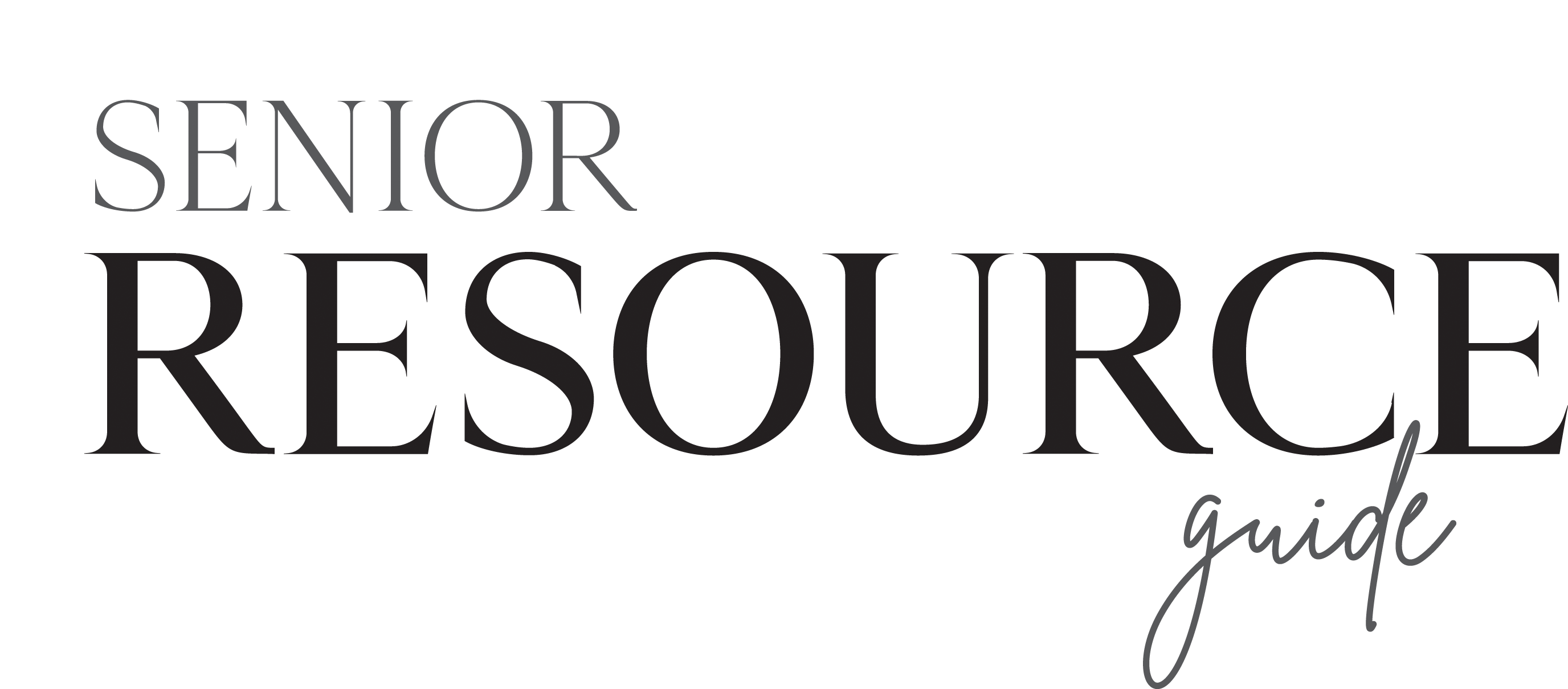
StrokePrevent_520X320
According to the National Stroke Association, more than 80% of all strokes can be prevented. The National Stroke Association recommends using the following guidelines to keep your risk in check:
Know Blood Pressure (hypertension)
High blood pressure is a major stroke risk factor if left untreated. Have blood pressure checked yearly by a doctor or at health fairs, a local pharmacy or supermarket or with an automatic blood pressure machine.
Smoking doubles the risk of stroke. It damages blood vessel walls, speeds up artery clogging, raises blood pressure and makes the heart work harder.
Cholesterol is a fatty substance in blood that is made by the body. It also comes in food. High cholesterol levels can clog arteries and cause a stroke.
Excess weight strains the circulatory system. Exercise five times a week. Maintain a diet low in calories, salt, saturated and trans fats and cholesterol. Eat five servings of fruits and vegetables daily.
Fatty deposits can block arteries carrying blood to the brain and lead to a stroke. Other problems such as sickle cell disease or severe anemia should be treated.
Identify Atrial Fibrillation (Afib)
Afib is an abnormal heartbeat that can increase stroke risk by 500%. Afib can cause blood to pool in the heart and may form a clot and cause a stroke. A doctor must diagnose and treat Afib.
